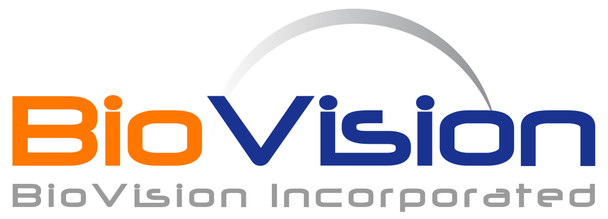Description
Human Recombinant AKR1C1 is available at Gentaur for Next week delivery.
Involved in in the detoxification of aldehydes and ketones
Biomolecule/Target:
Alternates names: Aldo-keto reductase family 1, member C 1, 20-alpha-HSD, DD1/DD2, HBAB, DDH, DDH1
Synonyms: Human Recombinant AKR1C1
Background Information: Aldo-keto reductase family 1 member C1 in humans is encoded by the AKR1C1 gene. AKR1C1 transfers progesterone to its inactive state or in other words catalyzes the reaction of 20-alpha-hydroxy progesterone (20-alpha-OHP) in the liver and intestine. AKR1C1 transfers bile and monitors the intrahepatic bile acid concentration though it has a low bile-binding ability. AKR1C1 participates in myelin formation. AKR1C1 is part of the aldo/keto reductase superfamily, which has over 40 known enzymes which catalyze the conversion of aldehydes and ketones to their corresponding alcohols by utilizing NADH and/or NADPH as cofactors thus display overlapping but distinct substrate specificity.
Reconstitution Instructions: N/A
NCBI Gene Symbol: AKR1C1
Gene ID: 1645
NCBI Accession: Q04828
Additional Information
Size: |
100 μg |
Country of Manufacturing Origin: |
USA |
Country of Animal Origin: |
USA |
Gene Source: |
Human |
Recombinant: |
Yes |
Source: |
E. coli |
Purity by SDS-PAGE: |
≥90% |
Assay: |
SDS-PAGE |
Purity: |
N/A |
Assay 2: |
N/A |
Endotoxin Level: |
N/A |
Activity (Specifications/test method): |
N/A |
Biological activity: |
Specific activity is approximately 0.15 – 0.2 units/mg. |
Molecular Weight: |
38.9 kDa |
Storage Temperature: |
-20°C |
Shelf Life: |
12 months |
Concentration: |
0.5 mg/ml |
Appearance: |
Liquid |
Handling: |
Centrifuge the vial prior to opening. |






